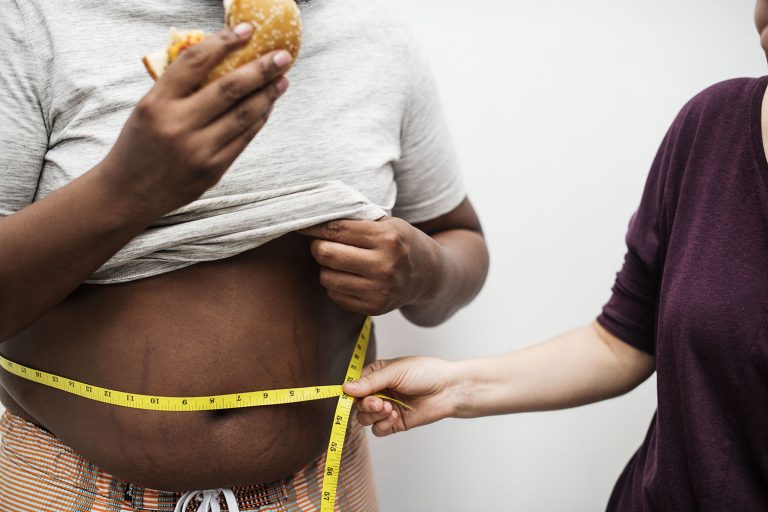Dealing with the Social Isolation of the Covid-19 Pandemic
"Sana has been in social isolation for 3 days and she's losing her mind. She wants to go outside, but she can't. Plus, the news keeps reporting scary things. Sana is scared and anxious".

Essentially, not all persons who get infected with SARS-CoV2 develop severe disease, but those with certain risk factors including advanced age (typically older than 65 years), diabetes, history of immunosuppression, and organ failure.
However, a group of researchers at the Departments of Pediatrics, Infection Prevention and Control, and Medicine at the NYU School of Medicine, NY have uncovered a previously unrecognized risk factor for severe disease and critical care in young patients with COVID-19 – obesity.
This retrospective study found that patients younger than 60 years who had a BMI greater than 30 had two-three times the risk of developing severe disease and admitted to critical care than those whose BMI was less than 30. The study found this factor to cause significant differences in admission and rates of ICU care only among patients younger than 60.
This has diagnostic and prognostic implications for young obese patients who contract COVID-19 infection, as it could potentially increase morbidity and mortality rates in countries with a high prevalence of obesity among the young.
Read original article: https://academic.oup.com/cid/article/doi/10.1093/cid/ciaa415/5818333
"Sana has been in social isolation for 3 days and she's losing her mind. She wants to go outside, but she can't. Plus, the news keeps reporting scary things. Sana is scared and anxious".
The world has been dealing with COVID-19 for nearly two years now; the media is filledCOVID-19 headlines and all the brouhaha it come with. But one thing we all already know is that the disease is killing many, and infecting even more So the question we all have been asking is: how do we reduce our risk of catching this infection?
